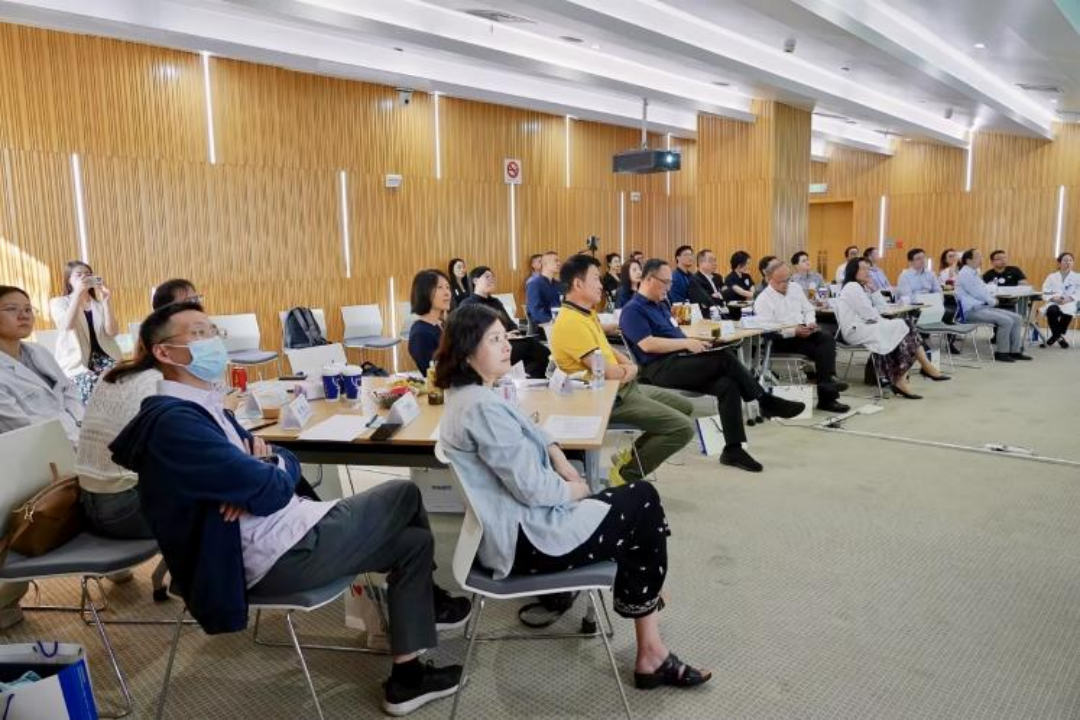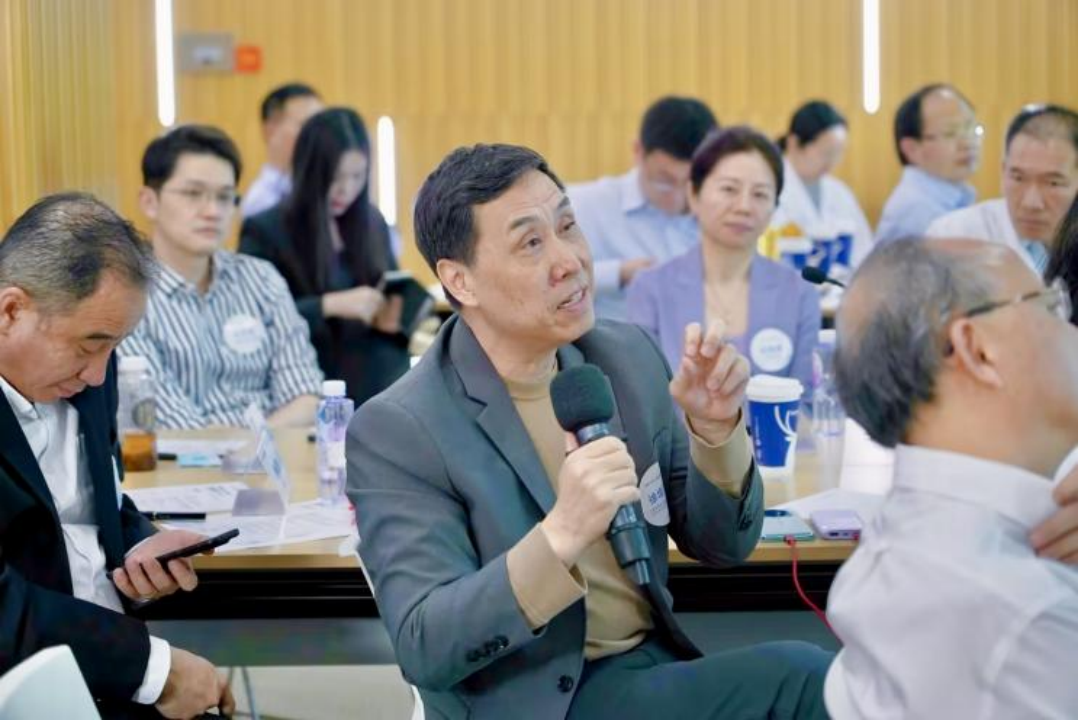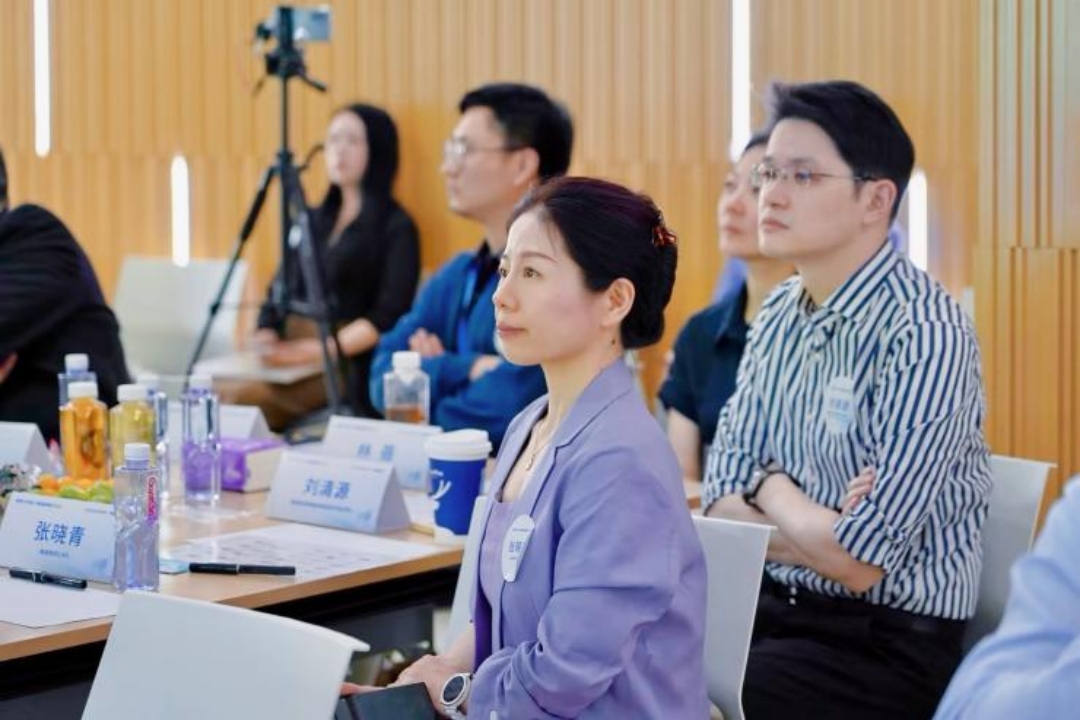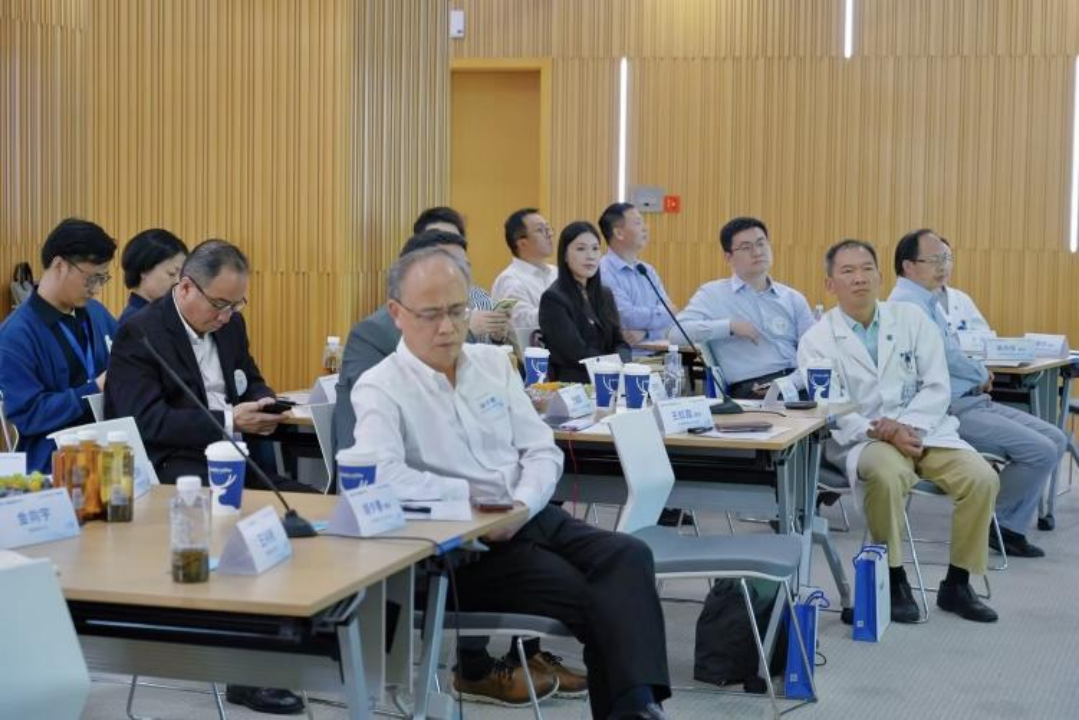EN
2025-06-10
On May 29th, the fifth UnionClin Salon closed-door event, co-hosted by the Department of Medical Oncology, Fudan University Shanghai Cancer Center and Shanghai UnionClin Co., Ltd (UnionClin), successfully concluded. This salon brought together influential clinical researchers, pharmaceutical company leaders, industry strategy experts, and investors, focusing on the pain points of new neoplasm drug research and development (R&D). Attendees directly confronted core industry contradictions and engaged in intense intellectual discussions.
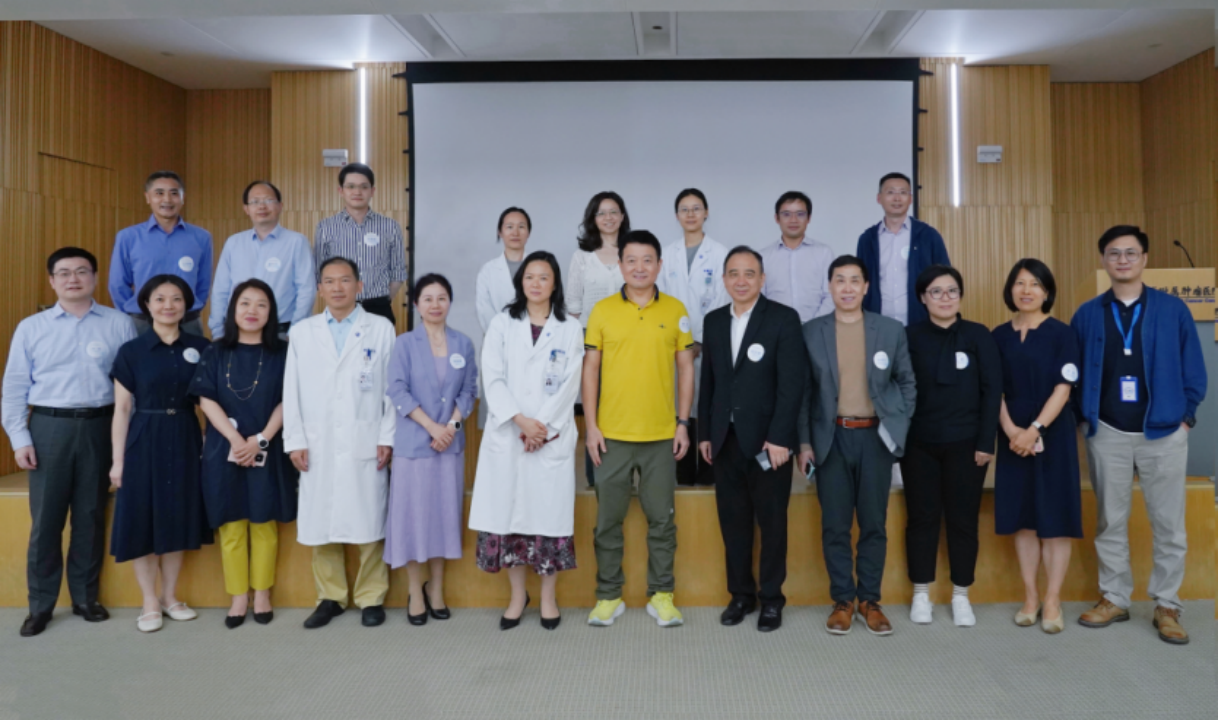
“To enable scientists and researchers to reach greater heights in R&D, we are willing to carry oxygen tanks at all times.” Mr. Wang Junlin's opening remarks demonstrated UnionClin's firm determination and supportive value as a professional Contract Research Organization (CRO). Leveraging the experience accumulated from over 200 new drug clinical research projects, UnionClin hopes to establish a platform for in-depth dialogue between industry, academia, and research through the UnionClin Salon series, becoming a “supply station for industry climbers” and providing full-cycle solutions for innovative drug R&D.
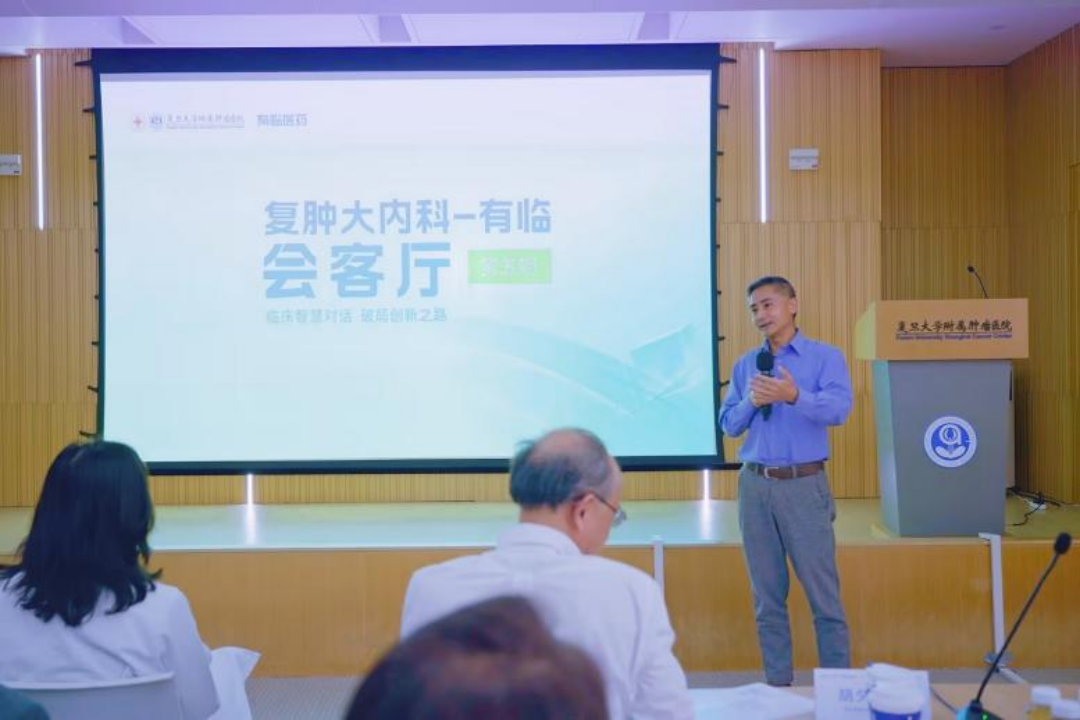
Mr. Wang Junlin, Founder/Chairman of the Shanghai UnionClin Co., Ltd
“Current new neoplasm drug R&D needs to break down barriers—companies, scientists, CRO partners, and clinical experts must unite as one. ”Professor Wang Hongxia pointed directly to the core issue, “This is also the original intention behind establishing the UnionClin Salon.” As one of the earliest clinical teams in China to develop new neoplasm drugs, Professor Wang Hongxia highlighted the resource advantages of the Department of Medical Oncology at Fudan University Shanghai Cancer Center: “8 major subspecialties+cell and gene therapy platform+humanized models+a vast repository of specimens from late-stage patients”, covering everything from rare neoplasms to mainstream cancer types, with dedicated translational teams and research institutes, capable of providing full-chain support from model establishment and specimen testing to clinical protocol design.
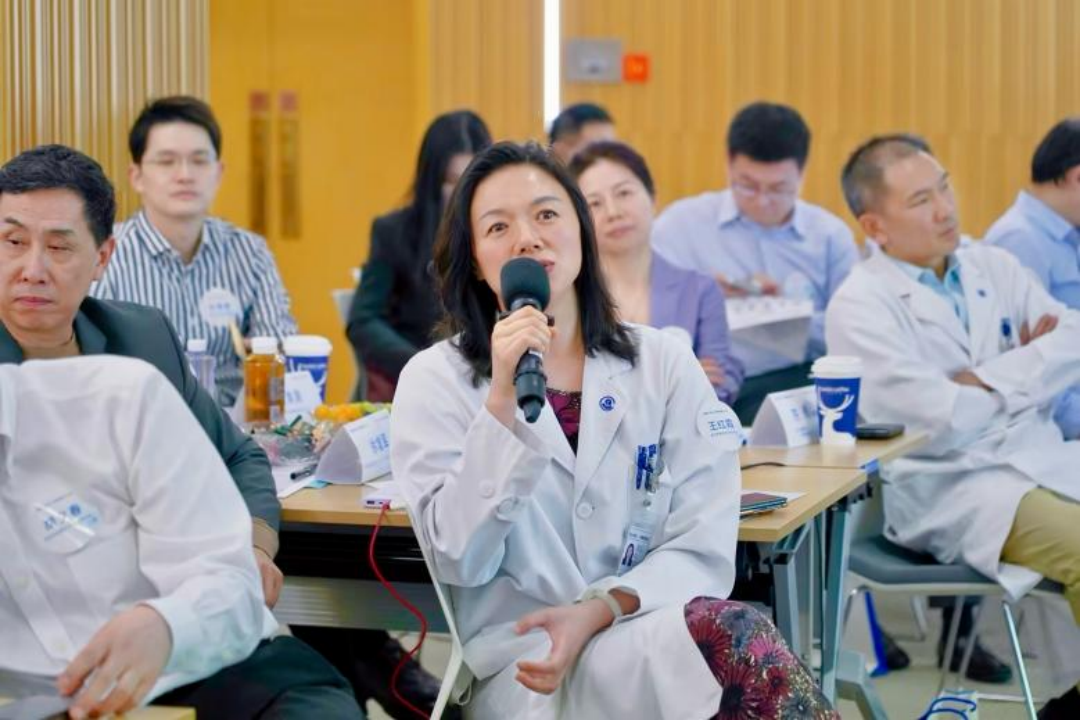
Professor Wang Hongxia, Director of the Department of Medical Oncology, Fudan University Shanghai Cancer Center
“We must work diligently and successfully develop drugs in China. ” Professor Hu Xichun shared his insights and experiences in new drug R&D, and particularly emphasized the importance of Phase I clinical trials, stressing the need to carefully select appropriate doses and subjects, and to enhance services and follow-up. Additionally, Professor Hu shared recent good news—a drug that Fudan University Shanghai Cancer Center had been researching for 8 years finally received its long-term production certificate and was approved for marketing on the day of the conference. Using this project as an example, Professor Hu described how Fudan University Shanghai Cancer Center, through long-term establishment of standardized cooperation mechanisms and platform construction, strictly adheres to quality baselines, attracts pharmaceutical companies for deep collaboration, and accelerates the creation of lifelines for Chinese patients. Finally, Professor Hu made predictions and outlooks on future drug R&D and market changes.
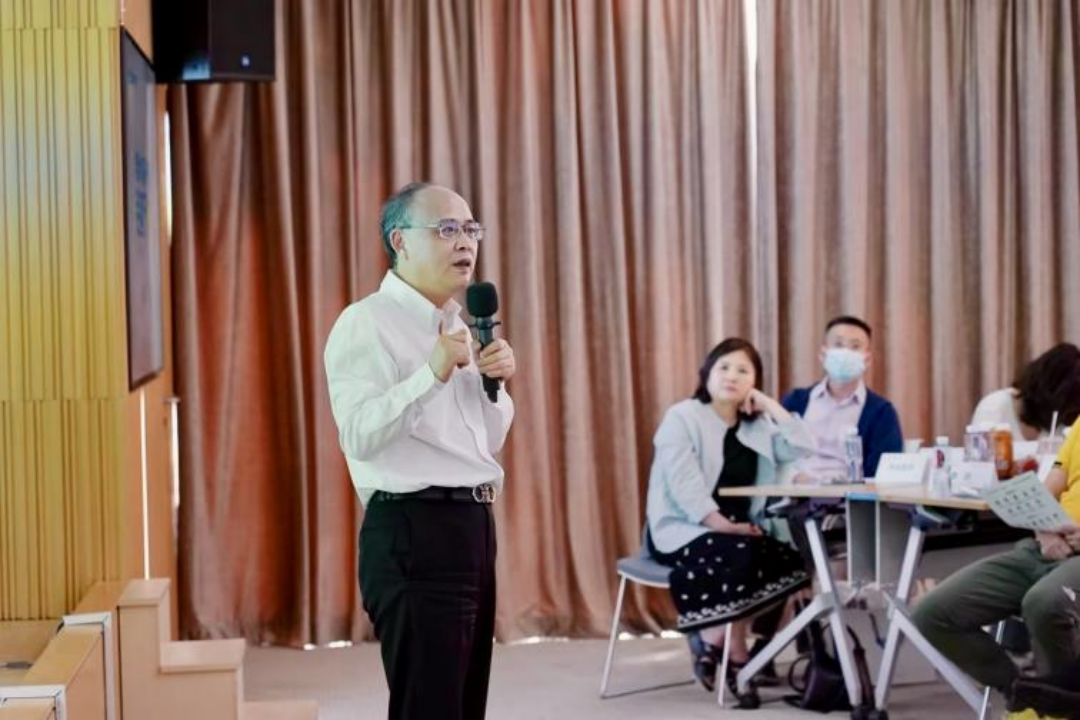
Professor Hu Xichun, Chief Expert of the Department of Medical Oncology, Fudan University Shanghai Cancer Center
Based on research data from the Malignant Melanoma Center at Fudan University Shanghai Cancer Center, Professor Chen Yong revealed that differences in subtype distribution between Chinese and Western patients lead to significant disparities in immunotherapy efficacy. The team proposed three breakthrough paths through clinical translational research: Repurposing old drugs: A PD-1 combined with Temozolomide regimen significantly increased the objective response rate (ORR) in acral melanoma patients to 37.1%, with a neoadjuvant therapy pathological partial response (pPR) rate of 45%; Breakthrough in drug resistance mechanisms: Single-cell sequencing revealed that a cancer-associated fibroblast (CAF) barrier causes immune resistance, leading to the construction of a multi-cell type predictive model; Original target development: The MITF inhibitor TT-012 sensitizes immunotherapy and reverses MAPKi drug resistance by activating the NF-κB pathway.
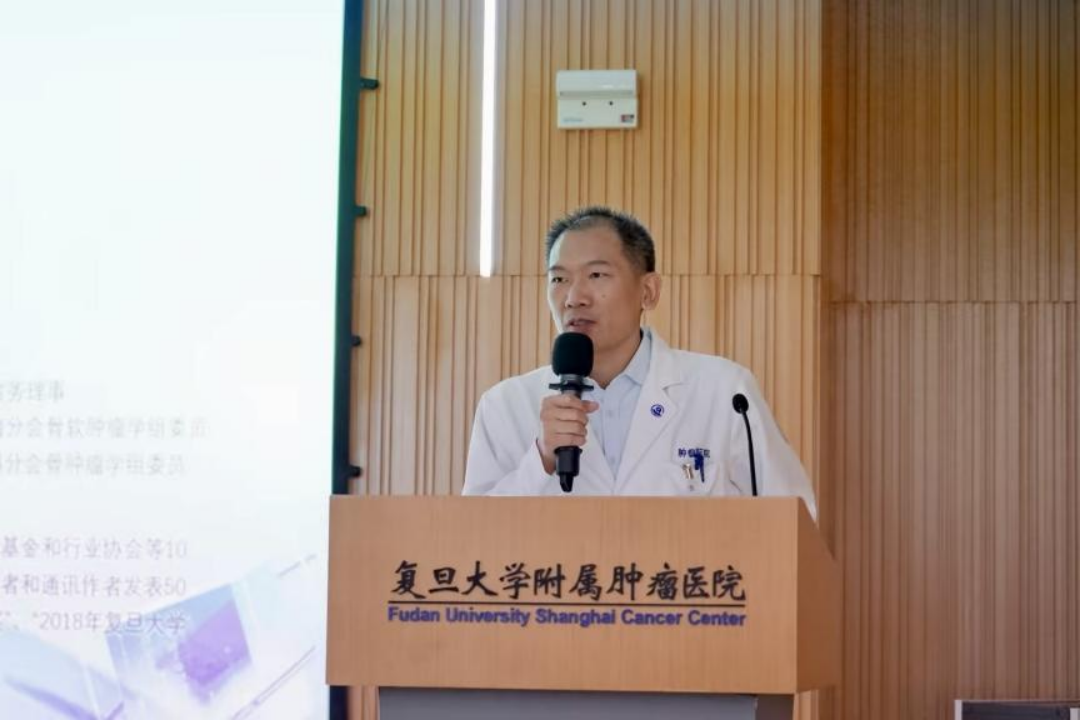
Professor Chen Yong
Deputy Director of the Department of Bone and Soft Tissue Surgery, Fudan University Shanghai Cancer Center, Director of the Malignant Melanoma Diagnosis and Treatment Center
Keynote Presentation: Exploring First-Line Treatments for Melanoma: Repurposing Old Drugs and Overcoming Bottlenecks
Dr. Wang Xingli analyzed innovative drug trends and crises from a global perspective: Antibody drugs are experiencing explosive growth, while solid neoplasm cell therapy faces a slowdown. As an innovation-driven global pharmaceutical and healthcare industry group, Fosun Pharma has always focused on unmet clinical needs. On the very day of the conference, two Class 1 new drugs independently developed by Fosun Pharma were approved for marketing. This is not only a significant achievement of the company's commitment to innovation and breakthroughs but also a key milestone in its deep cultivation of the neoplasm and rare disease fields.
Meanwhile, he believes that Artificial Intelligence (AI) is a revolutionary tool in pharmaceutical R&D. Its core value lies in precise patient selection for clinical trials, a value that far exceeds the scope of drug design. Therefore, developing AI models must directly address R&D pain points, and cross-functional, cross-industry, cross-disciplinary, and cross-entity collaboration between industry, academia, and research is crucial.
China's innovative drug manufacturing processes and safety standards are internationally leading, allowing for in-depth optimization of original target drugs from Europe and America. However, there is currently a severe imbalance in profit distribution—multinational pharmaceutical companies acquire rights for hundreds of millions of yuan, yet their annual revenues reach tens of billions. Therefore, Chinese pharmaceutical companies must restructure their internationalization path: by replacing passive licensing with a globalization strategy (feasibility evidenced by Fosun Pharma's overseas revenue accounting for nearly 30% in 2024) to secure long-term value distribution rights.
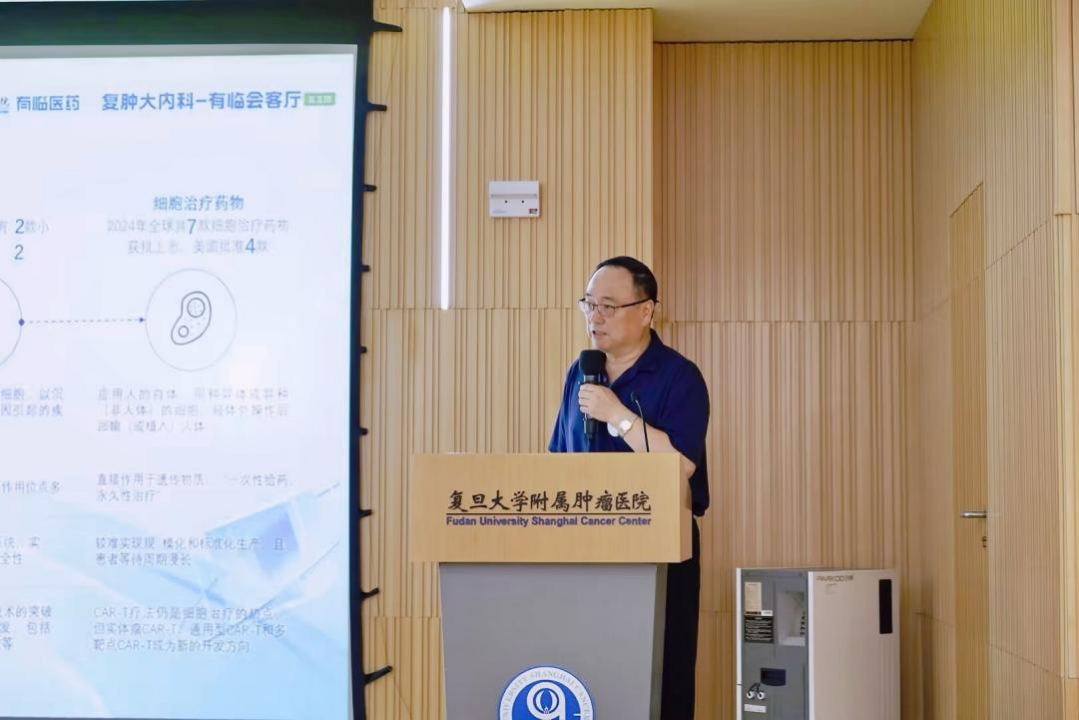
Dr. Wang Xingli
Executive President of Fosun Pharma Group, Co-CEO of Fosun Pharma Innovative Medicines Business Unit, CEO of Global R&D Center
Keynote Presentation: Trends in Innovative Drug Development
The round-table discussion, led by moderator Professor Cao Jin, focused on core industry challenges, with intense debate and consensus building throughout the session.
This in-depth dialogue focusing on the pain points of new neoplasm drug R&D is transforming into an action starting point for industry breakthroughs, and is gradually moving from “dialogue” to “co-governance”—as Professor Wang Hongxia summarized: “True breakthroughs begin with the precise handshake between needs and resources.”
About the UnionClin Salon Series
The UnionClin Salon is an academic exchange event co-hosted by Fudan University Shanghai Cancer Center and UnionClin. It regularly invites scientists, clinical experts, and founders and clinical heads of biopharmaceutical companies to engage in in-depth discussions on solving the difficulties and challenges in anti-neoplasm new drug R&D, promoting win-win cooperation among all parties.
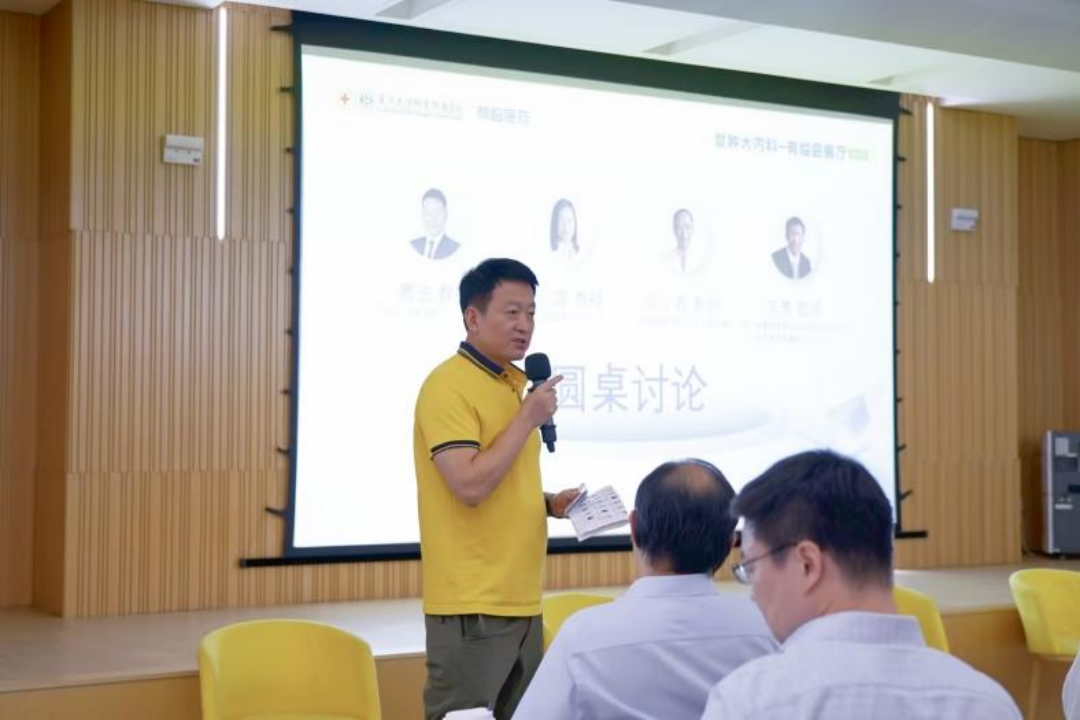
Professor Cao Jin
Senior Consultant in the Pharmaceutical Industry, Entrepreneurial Mentor
